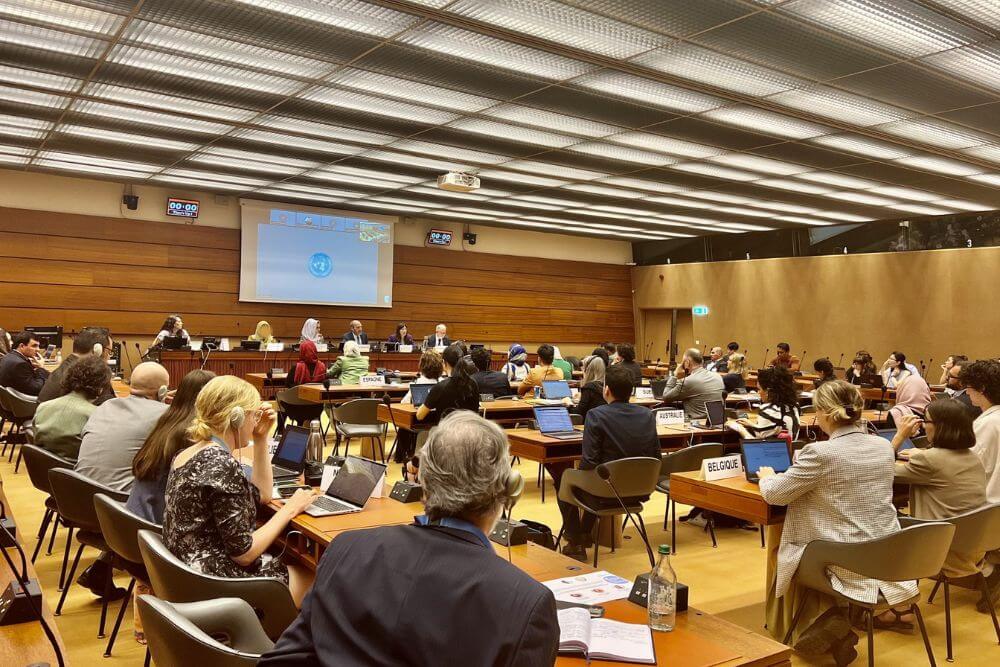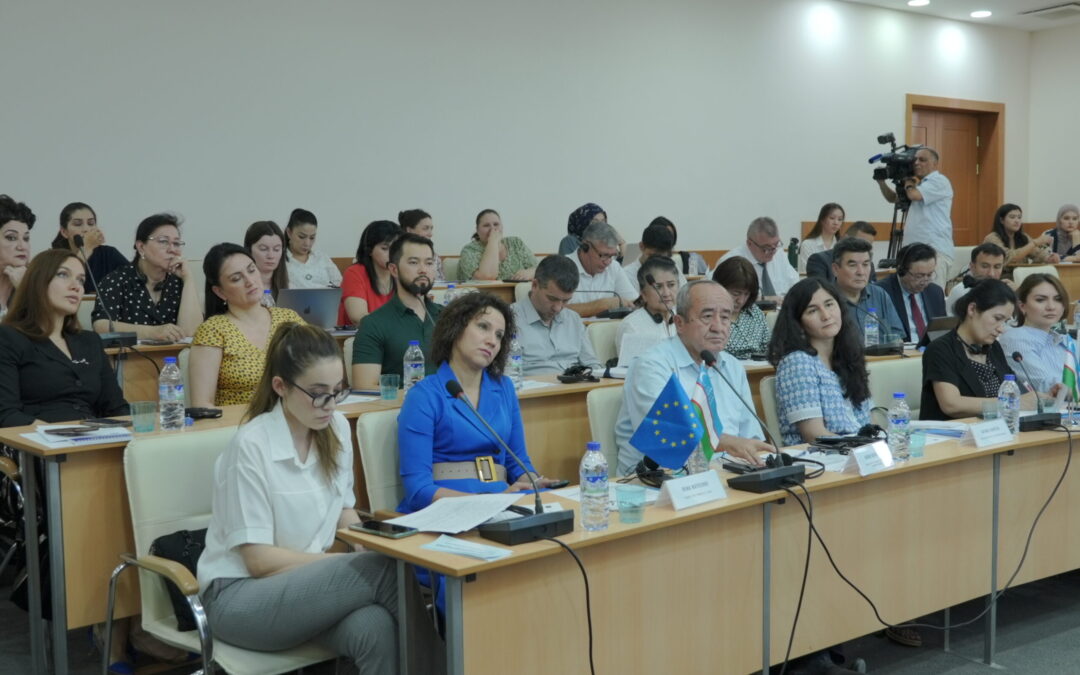
Jul 18, 2023 | News
On 11 July 2023, the Chamber of the third section of the European Court of Human Rights (ECtHR) handed down its judgment in the case of Semenya v. Switzerland finding that Caster Semenya’s right to freedom from discrimination, taken together with her rights to respect for private life and to an effective remedy had been violated.

Jul 14, 2023
In response to a Call for Inputs to inform an upcoming thematic report by the United Nations (UN) Special Rapporteur on the promotion and protection of the right to freedom of opinion and expression (the Special Rapporteur), the International Commission of Jurists (ICJ) provided a substantive submission providing concrete examples of gendered disinformation and of the responses by States, companies and organizations, as well as potential solutions to combat this phenomenon. The Special Rapporteur’s report is to be presented at the UN General Assembly’s 78th Session in October 2023.

Jun 19, 2023 | Human Rights Council, News, Work with the UN
As the United Nations (UN) Human Rights Council discussed the situation of women and girls in Afghanistan, the International Commission of Jurists called today on the international community to scale up efforts to address the ongoing widespread and systematic human rights violations abuses in the country.
Following on from their joint report on The Taliban’s War on Women, The ICJ and Amnesty International, addressed the Human Rights Council and convened a panel discussion at the UN. The event provided additional space for women human rights defenders and UN experts to offer insights about the atrocious plight of faced by women and girls in Afghanistan, including the crime against humanity of gender persecution. Participants advanced their expectations for an international response and recommendations towards accountability for the crimes committed in the country.

Jun 6, 2023 | News
Today, the International Commission of Jurists (ICJ), the Nationwide Movement “Yuksalish” and the Office of the High Commissioner for Human Rights (OHCHR) Regional Office for Central Asia (ROCA) are holding an International Public Discussion entitled “From Legislation to Action: Effective Measures for Protecting Women and Children from Violence in Uzbekistan”. The event is organized within the framework of “Enhancing the Quality of Uzbekistan’s Application of international Law (EQUAL)”, project funded by the European Union.

May 26, 2023
The Taliban’s severe restrictions and unlawful crackdown on women and girls’ rights should be investigated as possible crimes under international law, including the crime against humanity of gender persecution, Amnesty International and the International Commission of Jurists said today in a new report.









